CHEER yourself on
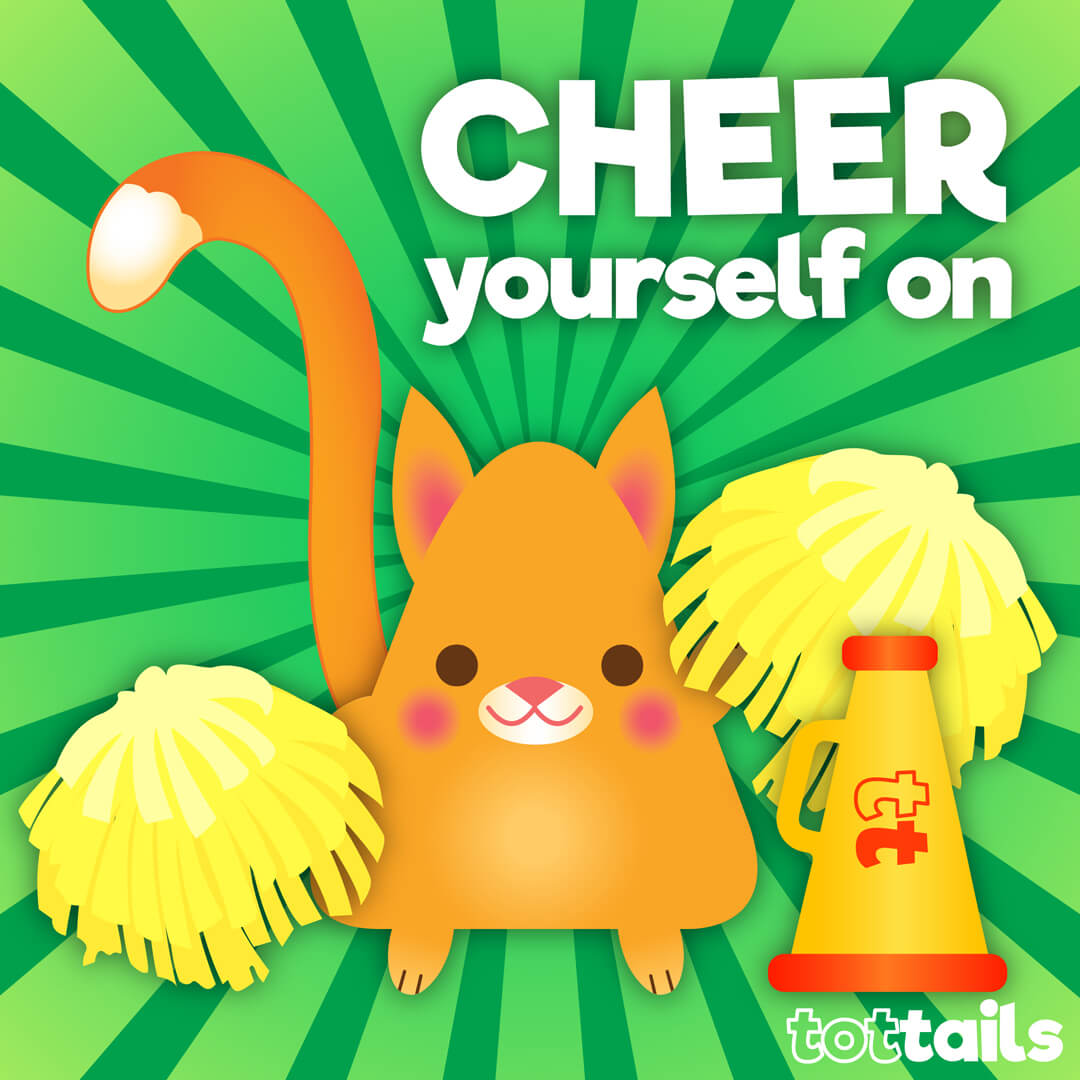 Everyone has a little voice in their head, constantly telling us what we think and feel about the world. That voice isn’t just a steady internal monologue, it can actually end up being a snapshot of our mental health. Our internal voices are with us more than any outside person, and if that constant mental flow is negative, it can lead to mental diseases such as depression and anxiety. Thankfully, according to an article by Psychology Today, “For every negative message, there is a positive truth that will override the weight of despair.”
Everyone has a little voice in their head, constantly telling us what we think and feel about the world. That voice isn’t just a steady internal monologue, it can actually end up being a snapshot of our mental health. Our internal voices are with us more than any outside person, and if that constant mental flow is negative, it can lead to mental diseases such as depression and anxiety. Thankfully, according to an article by Psychology Today, “For every negative message, there is a positive truth that will override the weight of despair.”
Positive self-talk is critical to your child’s well being. You are with your mental voice 24/7, so it makes sense that your mind should be a positive and safe location. If the words you use to think about yourself are negative, that means you are hearing how awful you are every second of your life. Studies show that how we perceive ourselves mentally can be more real to us than our physical bodies. If we constantly make ourselves sound ugly or stupid, we may make that as good as reality. That’s definitely something we do not want for our children!
unintentional negative self-talk
Kids are especially vulnerable to problems with negative self-talk. Parents and teachers can add to this without meaning to through the words they choose when describing things. While we don’t tell our children outright they suck at math, we might say, “You really need to work on your numbers.”
This can be transformed in the child’s mind to, “I’m really bad at math. I’ll never get better.”
By the time they are teenagers, negative self-talk that is firmly established may be hard to get rid of. Fortunately, even adults can learn to change their way of thinking, and gain all the benefits of learning to cheer themselves on. There are a number of ways to assist children of every age in improving their self-talk.
model positive self-talk yourself
If you are constantly bringing yourself down and being overly critical of the things you do, your children will copy the behavior. Instead of looking at yourself in the mirror and complaining about how fat you are, change what you say. “I don’t like my size right now, but I can change that by eating right and exercising.”
When talking with your child, don’t use words that are associated with negativity, even lightly. If your child is struggling with weight themselves, don’t call them chubby or reference their thunder thighs when talking to them about it. Instead, adopt the same principals when talking to your child. “The doctor says we need to improve our health. Let’s take a walk together and see how many shades of green we can count in the trees!”
ask your child to change how they speak
If your child says, “I’m so stupid. I’ll never get this right!” Correct their word use. Offer a sentence that is more positive such as, “I’m not good at reading right now, but I’ll get better the more I practice.” Read our article I Can’t Do It…YET! about growth mindset. Helping to choose positive and encouraging words when talking verbally, will help your child when you are unavailable to cheer them on.
Positive self-talk is critical to success, no matter how old you are. If your child is in the habit of talking to themselves positively, then when they don’t have you there to help them they can still cheer themselves on. Your self-talk is always present, every day. Making sure that voice is a positive and pleasant one to be around is just plain sensible. Give your child the chance to cheer themselves on by teaching them about positive self-talk, and you’ll help them be more successful throughout their whole life.
cheerful reading
We love books that teach our children to cheer themselves on! Some of our favorites include I Like Myself by Karen Beaumont which is an absolutely adorable board book with an equally adorable character that takes pride in every bit of who she is, I’m Gonna Like Me: Letting Off a Little Self-Esteem by Jamie Lee Curtis entertainingly shares the same message of liking yourself just the way you are in the perspective of both a little boy and girl and Marvelous Me: Inside and Out (All about Me) by Brandon Reibeling is about an energetic boy named Alex who through his own example encourages children to embrace all of the things that make them unique.
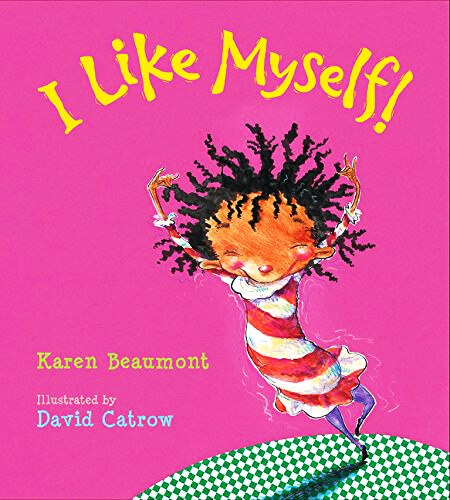

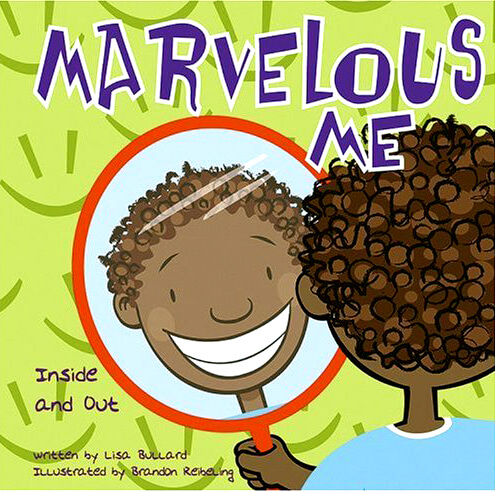
Another awesome resource is Big Life Journal. Through their printables, journals and other items you are equipped with the right tools to help instill a strong growth mindset as well as teach your child to cheer on their progress.
coloring fun
Please enjoy this free Tot Tails coloring page to help share this message with your child.
share with us
We would love to hear your experiences and advice on teaching our kids positive self-talk. Are there any books or resources you feel can help? Thanks so much for reading and feel free to comment.
-
Tot Tails Short Sleeve Kids T-Shirt- Cheer Yourself On
$19.99 -
Tot Tails Poster- Cheer Yourself On
$9.99 – $15.99 -
Tot Tails Mug- Cheer Yourself On
$10.99 – $14.99


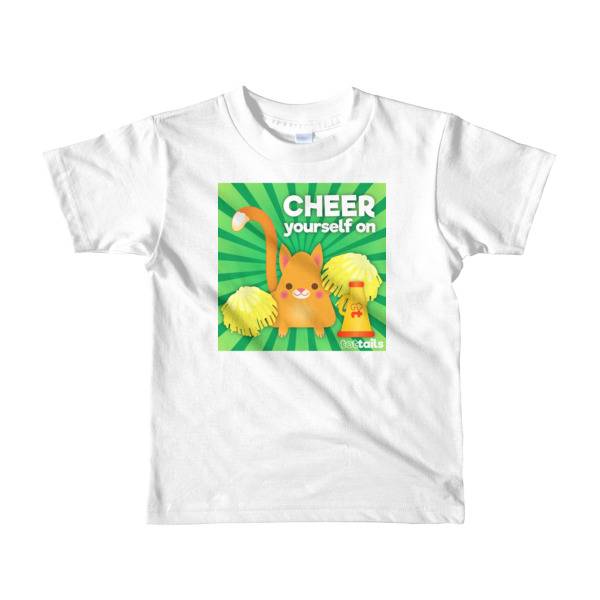
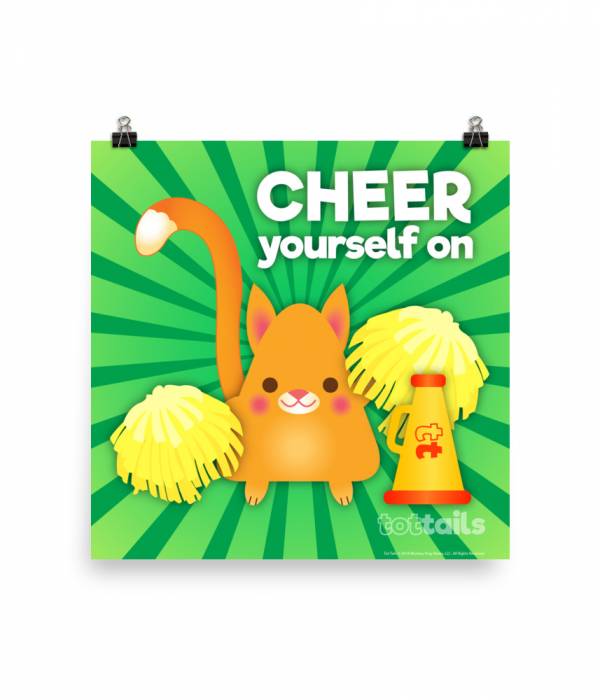
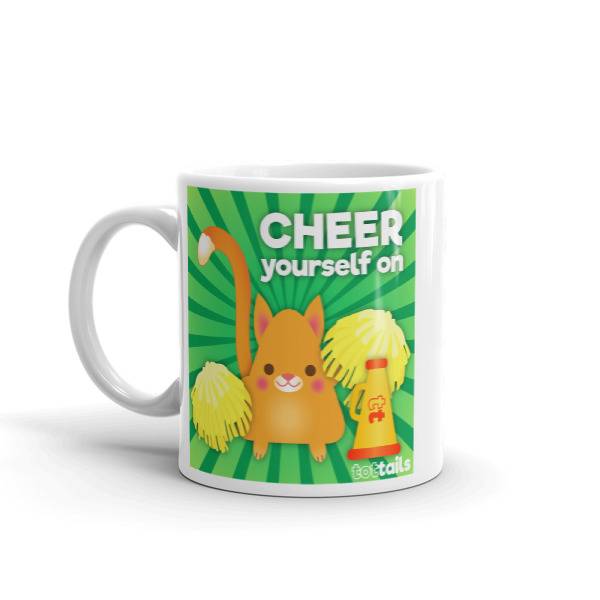



Add Comment